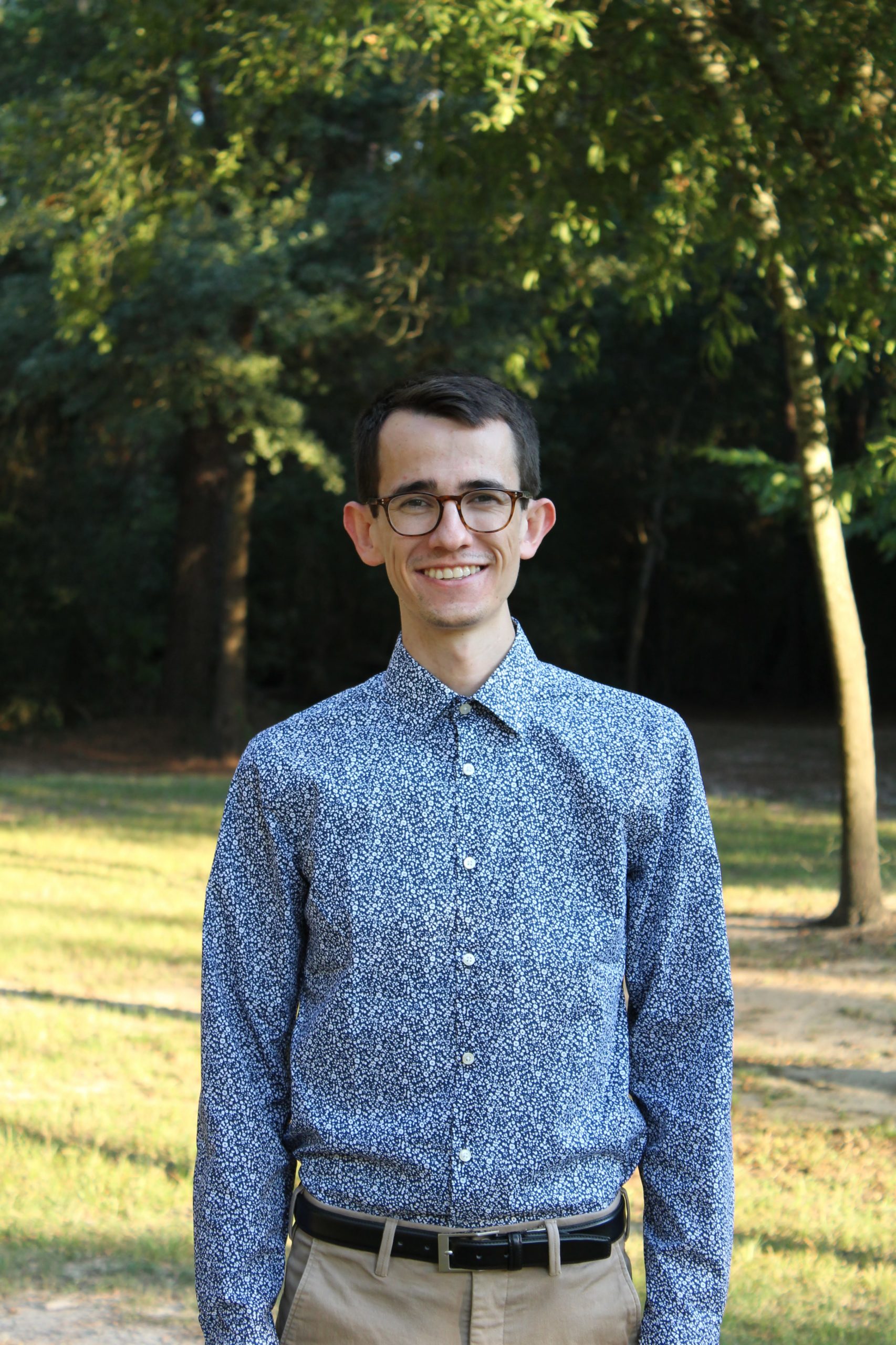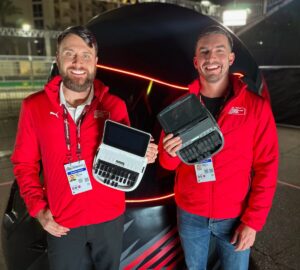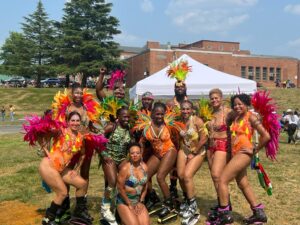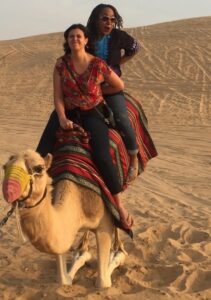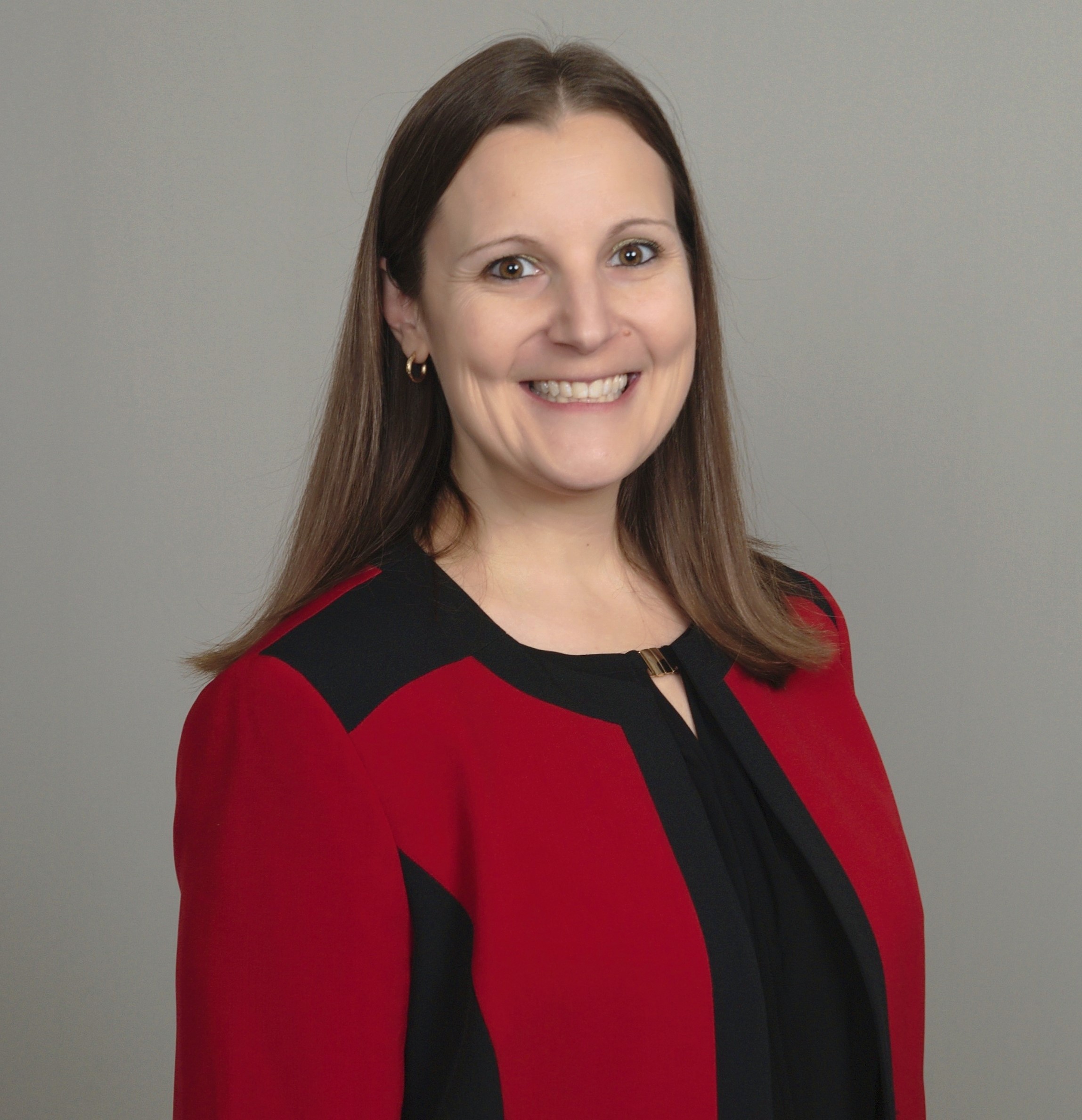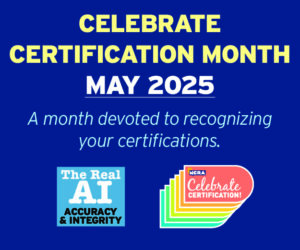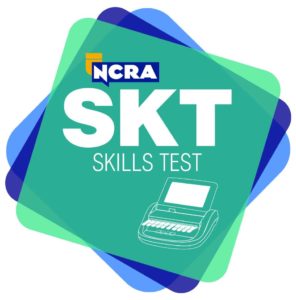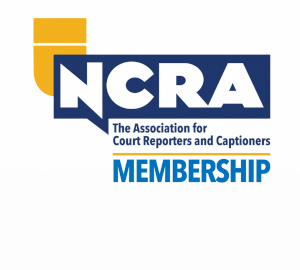By Chris DeGrazio
His last name may sound familiar, but you might be surprised to learn that Logan Kislingbury, RPR, didn’t always aspire to be a court reporter. It was only after graduating from college and spending a gap year in Japan that he decided to attend his father’s school, the Mark Kislingbury Academy of Court Reporting, and give the family business a try. “It clicked really well as soon as I was on the machine,” Logan says.
CD | Who or what inspires you?
LK | My dad is definitely my biggest court reporting inspiration. I’m so thankful and blessed to have him as a teacher and mentor.
CD | What’s something you’ve learned in your first few months of reporting?
LK | A lot of lawyers are very nice people and were helpful with me, knowing that I was a new reporter. I expected them to be more like what their reputation is.
CD | Where’s your favorite place to edit?
LK | At my desktop PC in my apartment. I can focus and get things done in a familiar place.
CD | Do you have a mentor?
LK | My dad, Mark, is my mentor.
CD | What do you enjoy most about court reporting?
LK | The freedom. I like deciding which jobs to take and when. I can easily take time off for vacations or to visit friends and family.
CD | How did you feel both going into your first assignment as a reporter and coming out of it?
LK | I was nervous but excited. It was a Zoom job of a police captain, and I was thrilled about how interesting it was. Afterwards, I was looking forward to seeing more deposition action.
CD | What is your next goal?
LK | Becoming realtime certified. I want to continue improving my skills and also get the RMR.
CD | What is a long-term goal?
LK | My long-term goal is to get out of the legal system with stenography. I’d like to work for a radio show, caption TV, maybe do in-stadium sports captioning, or anything cool that comes my way.
CD | Do you have any advice for reporting students?
LK | Do not take a test until you know you’re good enough to pass it. A lot of my classmates were burning through tests every day, just hoping to get a lucky easy one to move up to the next speed. Focus on your speed, and only test to prove that you’re at that level.
CD | What’s something that you’ve learned in the field that you didn’t learn in school?
LK | Other than a plethora of new words and jargon, I learned more about the legal system and how it runs.
CD | What was the hardest part of transitioning from school to the real world?
LK | The rush of work. It can be stressful having to slowly scope your own work knowing that you have more jobs later in the week that may or may not go long. I’ve had to stay up all night to finish 400-page rush jobs.
CD | If you could sum up your first year in one word, what would it be and why?
LK | Chaos. I started working just a few months before the pandemic, and I shifted from a rare Zoom job to every job being Zoom.
CD | What do you know now that you wish you’d known when you first started out?
LK | That the jobs that seem easy can end up being chaos, and the jobs that seem difficult might actually be a walk in the park. You never know what can happen in a depo.
CD | What’s your “can’t live without” item in your steno bag?
LK | My Sound Professionals USB mic. It was well worth the cost for excellent audio quality and small size.
CD | What was life like as a student?
LK | I really enjoyed it. During theory I was excited to learn more keys on the machine and to figure out how to write complex words and someday reach the level of being able to write everything I hear in conversation. Speedbuilding was really fun as well because I liked taking speed tests and getting faster. [Writing at] 225 felt impossible when I was pushing through my 140s, but the speeds can really creep up on you.
CD | What did you do to remain positive and motivated?
LK | I would have some bad days where I was writing poorly or would barely fail a speed test. I chose to forget about them and just focus on practicing and reaching the next goal.
CD | What is your biggest challenge as a new reporter?
LK | As a freelancer, it’s keeping myself busy. It’s very easy to decide to take one less job a week so I can relax more. You are in full control of your earnings as a freelancer, and you can easily lull yourself into lazy town. I’m trying to take as many depositions as I can without overworking or underworking.
CD | What’s the coolest experience you have had working in the profession?
LK | I’ve been involved in some really interesting cases. Just in these two years I’ve been working, I’ve had an NBA player witness, I worked a day in the Volkswagen diesel emission scandal case while subbing in court, and I’ve also taken a deposition in one of the InfoWars Sandy Hook cases.
CD | How do you maintain a healthy work-life balance?
LK | As a freelancer, I have full control over my schedule. I actually have more trouble making sure I’m not underworking rather than overworking.
CD | What are some of your favorite time-saving practices, techniques, or gadgets?
LK | I would say having interesting briefs. I love adding new briefs that make my writing quicker. I also have some interesting briefs to add in colloquy that save me time in editing.
Logan Kislingbury, RPR, is a freelance reporter in Houston, Texas. He can be reached at logankislingbury@gmail.com.
Chris DeGrazio is a freelance reporter in Fort Pierce, Fla. He can be reached at sokhacambodian@yahoo.com.
